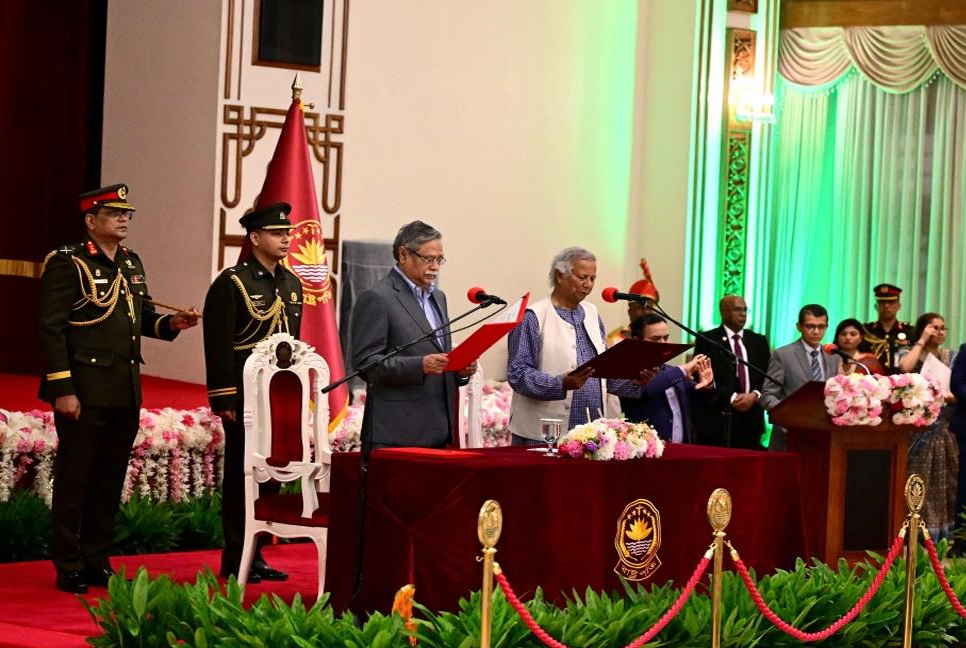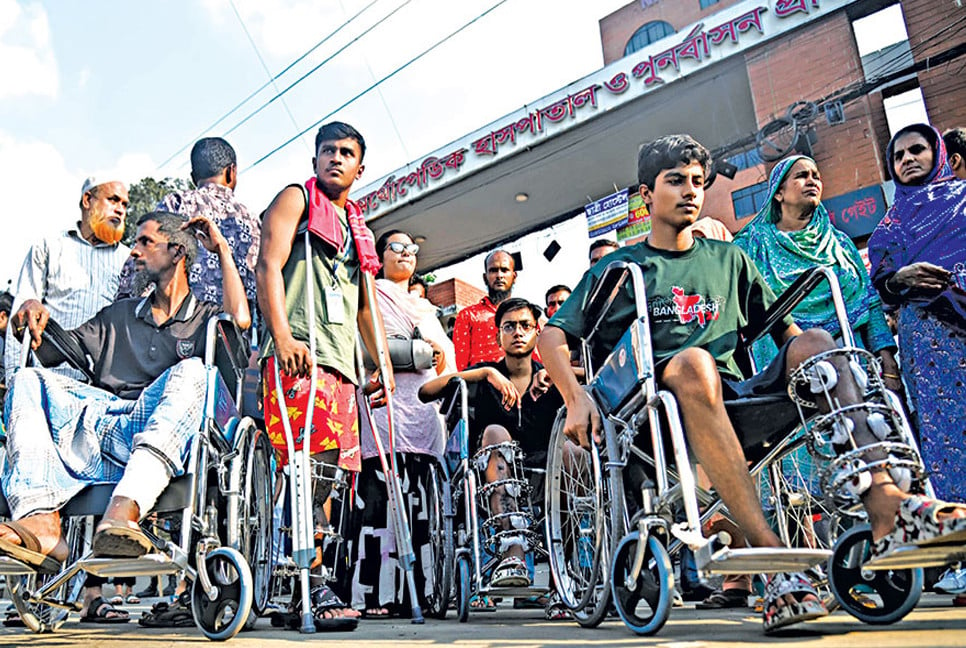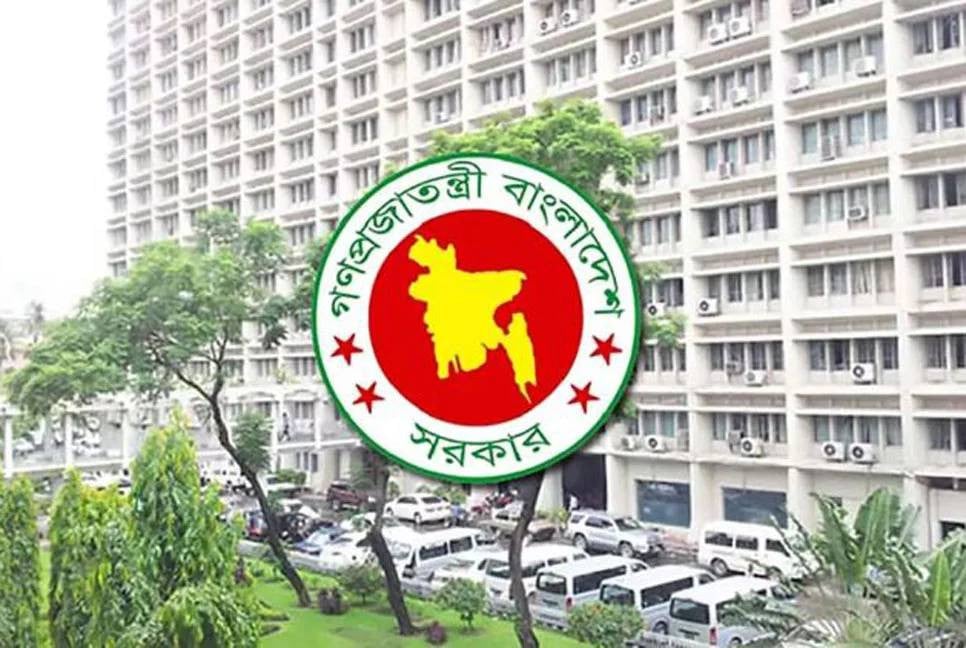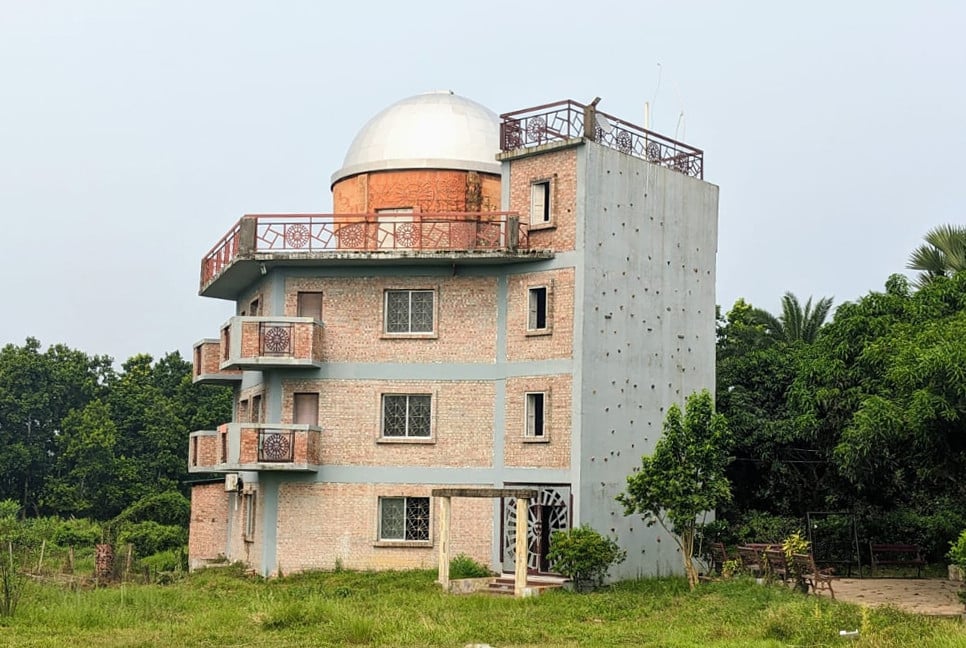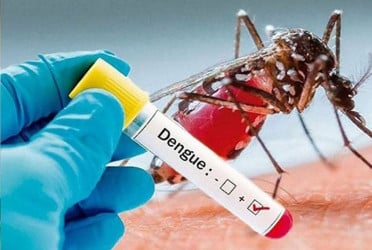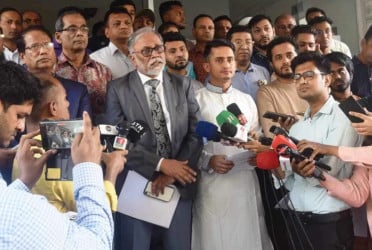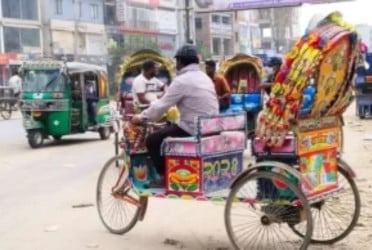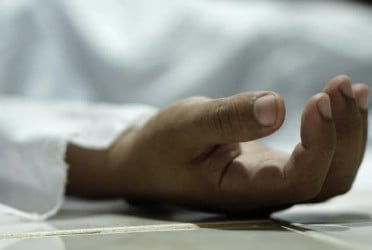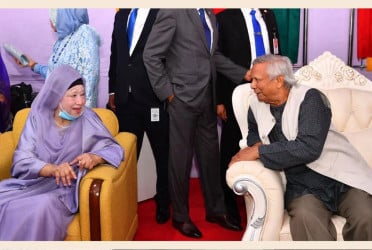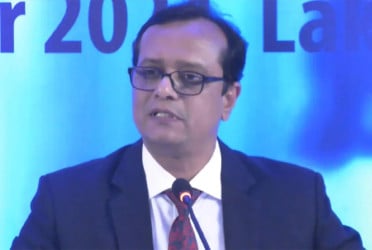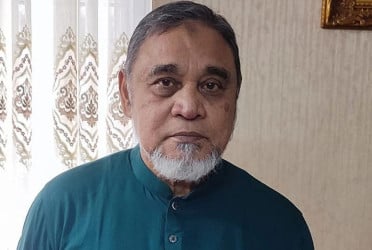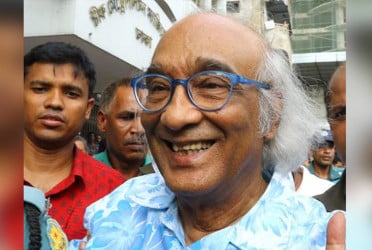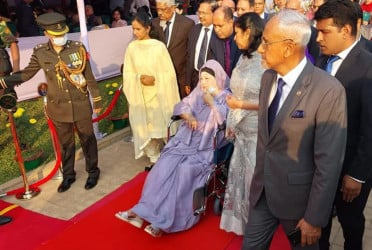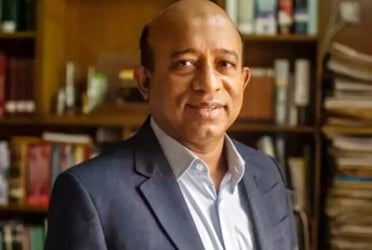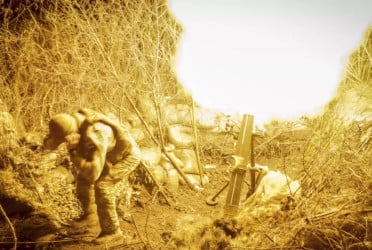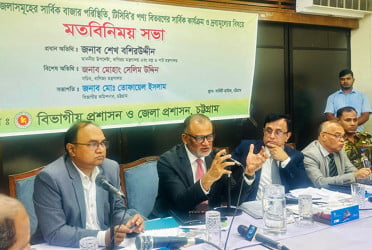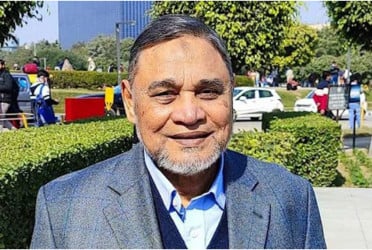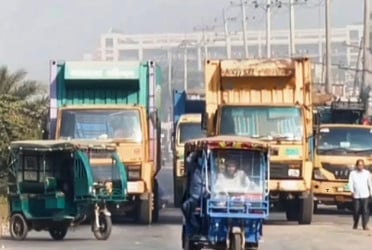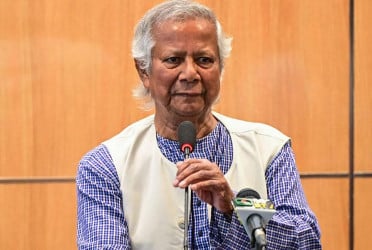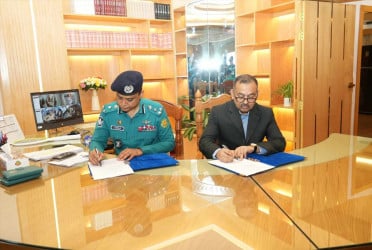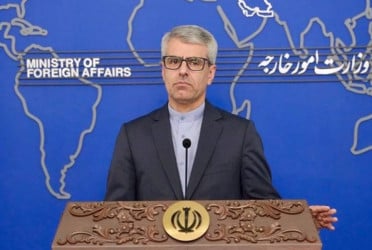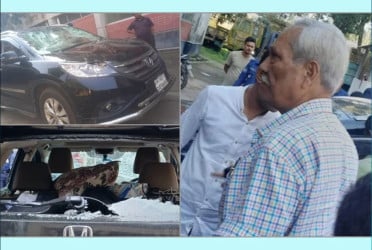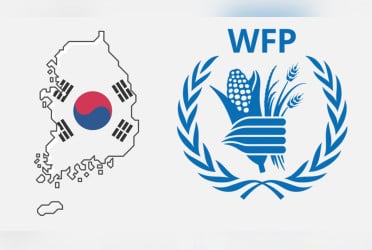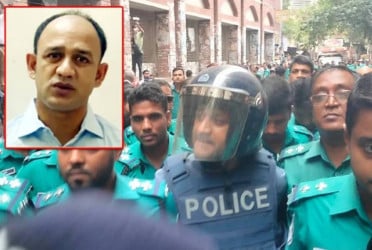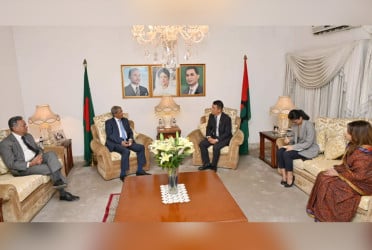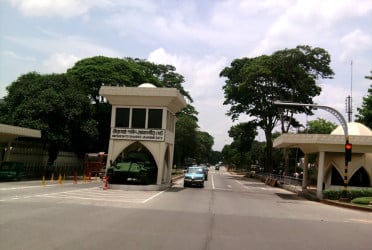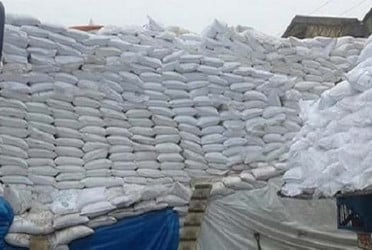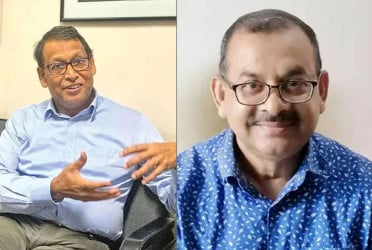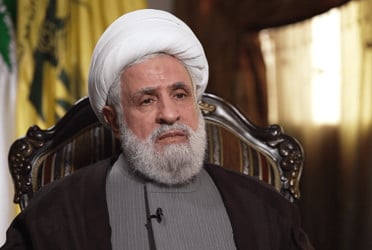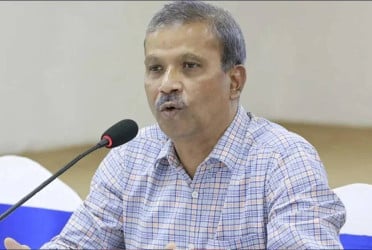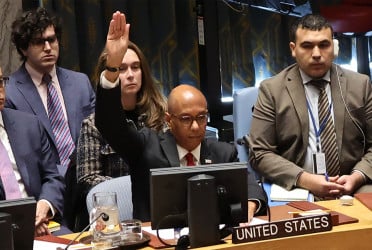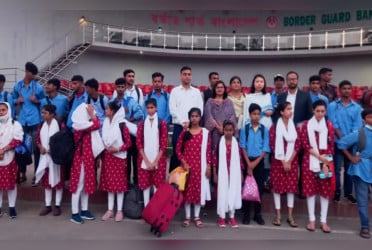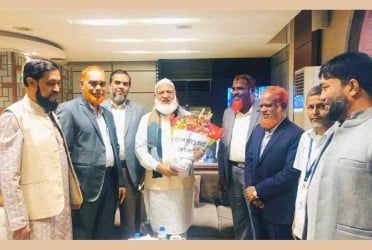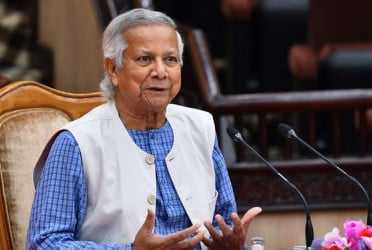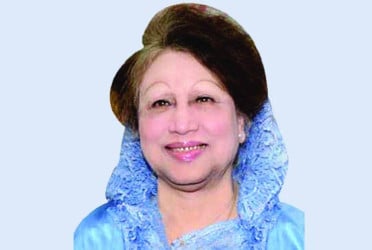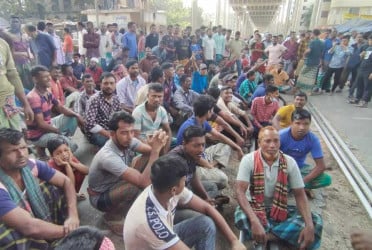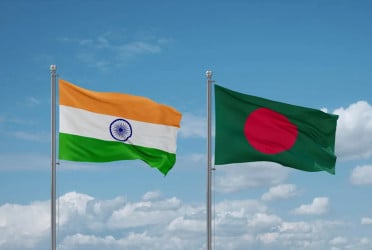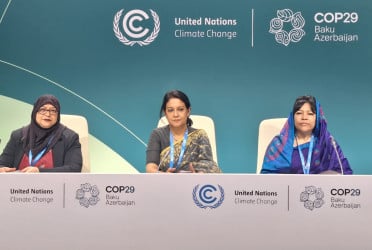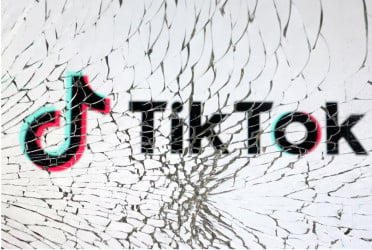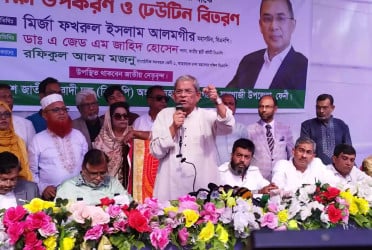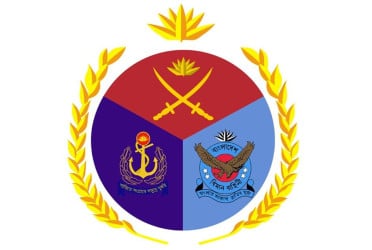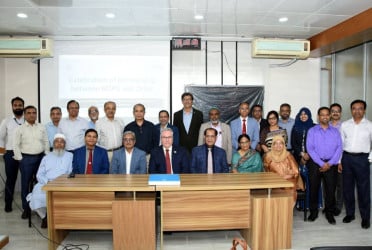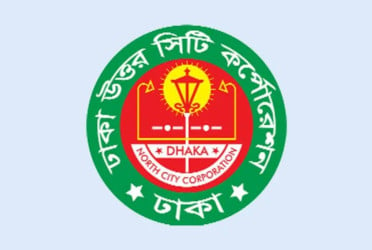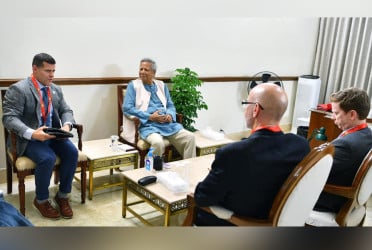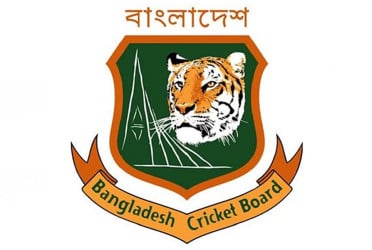Seven challenges are ahead of the interim government who took the responsibility after the fall of Sheikh Hasina government due to the mass uprising. The main challenges are: restructuring the education sector, stopping indiscipline in health sector, returning the discipline in state infrastructure, establishing rule of law, resuming the activities of polices in police stations, keeping the economy moving, bringing discipline in government organizations like EC, ACC, PSC and Human Rights Commission.
If decisions aren’t taken carefully and rightfully, then the equation of reformation could be very hard and complex. Hence, the analysts think the future days of this government aren’t going to be easy.
Analysts say the new government is taking their responsibility in the moment when the law and order situation has collapsed. There is unrest in the administration and other sectors as well. There are tensions over economy of the country. Along with this, there is a huge expectation of state reform. All in all, various discussions are going on about what are the biggest challenges now. After the fall of the government, the policemen left almost all the police stations in the country. Police stations were attacked in different parts of the country. Many people have expressed their anger mainly at the protests, alleging casualties, arrests and torture by law enforcement forces. Again there have been cases of death of policemen due to the attack of the excited crowd on the police station. All in all, the crisis of trust between the law enforcement agencies and the general public is now evident. Robbery, plundering, vandalism are happening in different places.
After Sheikh Hasina resigned and left the country, her allies are being retaliated against. Human rights groups and diplomats are also concerned about attacks on minorities. Amnesty International's Smriti Singh said the interim government's first task would be to ensure the safety of lives and property as well as pave the way for freedom of speech and peaceful assembly. At the same time, steps should be taken to prevent any further incidents of violence. Analysts say the history of corruption, culture of torture and lack of public service-mentality within law enforcement must be changed. If the irregularities are remedied, then people's confidence will return. In this case, it is necessary to change the mentality of the government first. The government actually used these forces for their own interest. So if the authoritarian attitude of the government changes, there will be reforms within the forces as well. These forces should be allowed to move at their own accord and not be used as political tools. Former secretary Abu Alam Shahid Khan thinks that the biggest challenge of the new government is to bring back the normal state of law and order in such a situation. In this regard, he said, “The first challenge of the interim government will be to bring peace back to the people by bringing the law and order situation under control so that people can sleep, move and do their work without fear. No business should suffer. It must be ensured that no community is harmed again.”
In recent years in Bangladesh, due to the economic crisis, anger and dissatisfaction in the public life was gradually becoming evident. The quantity of reserve is gradually declining. Commodity prices are on the rise, inflation is heading towards unbearable levels. In such a situation, if the new government wants to retain public trust, it should focus on reducing inflation and commodity prices at first as it has emerged as a big reason behind the participation of all kinds of people in the student movement. Finance advisor of the former caretaker government Wahiduddin Mahmud talked about the tasks of the interim government. He said, "At the moment, restoring peace and order is the urgent task. Protecting people's lives and bringing peace back to the country will have to be done. Eliminate all forms of lawlessness and take action against those who want to take advantage of the situation. Right now our police force and administration is fragile. So it has to be reinstated and the regime created.”
“Election Commission, Anti-Corruption Commission, Public Works Commission, Human Rights Commission have been asked to ensure that they can perform their duties independently. Discussions are going on about bringing order to these state-important institutions. Earlier in Bangladesh, representatives of the civil society have been seen to give importance to bringing reforms in various issues including corruption, abuse of power in state management. Many people are calling for reforms in these matters before the formation of a new political government in the country. Analysts say that all the institutions in the state system have to be reformed more or less now. Corruption is a big problem in the country. So, what will happen to the Anti-Corruption Commission, what will be the reform of the judiciary, whether there will be RAB or not— many things need to be clarified. Adjust if necessary. All constitutional institutions should be reformed so that they can function independently. Then it will keep the state away from abusing power and acts like corruption. In the past, the institutions of state governance could not function independently, Could not act neutrally under the influence of political government either. Change must be made here.”
Former caretaker government advisor Rasheda K Chowdhury said, “The interim government should be non-partisan. People expect a lot from this government. Especially they have to resolve the issues that people are angry about. Irregularities, corruption, nepotism existing everywhere in the state should be stopped. Just like the new generation should be encouraged to do good work, we also have to fulfill the right responsibility.”
She also said, giving the same person repeated responsibility in important positions of the state, getting important positions by lobbying should be stopped.
Students of schools, colleges and universities were on the streets to demand the fall of the government under the leadership of the anti-discrimination student movement. These young students have turned the students’ movement into a people's movement with fresh blood. After the fall of Sheikh Hasina's government, these students are giving the message to build a clean Bangladesh by forming an interim government, starting from traffic control on the roads, planting trees, cleaning garbage. Educationists are emphasizing on ensuring the learning environment by bringing these students back to the classroom. Former Chairman of University Grants Commission and former Vice-Chancellor of Dhaka University Professor AK Azad Chowdhury said, “After a lot of bloodshed and loss of lives, a new chapter is beginning in the country. I expect this new government consisting of young and old people under the leadership of Nobel laureate like Dr Yunus will make every effort to make the country beautiful. By correcting the mistakes that have been made in the past, they will bring reforms in the state structure and give people a beautiful life without discrimination.”
The collapse of the Awami League government in the face of student movement has left the country's health department in a state of disrepair. Most of the doctors are not coming to all the hospitals including Directorate of Health, Bangabandhu Sheikh Mujib Medical University. Due to this, the patient and his relatives have to suffer to get emergency healthcare. In most of the health institutions, most of the doctors, officers and employees, including the director-general, do not come to the workplace out of fear. The number of patients in the hospital is increasing; the series of operations is getting longer. Health officials have urged doctors to come forward to ensure people's health care by leaving aside factionalism. Bangabandhu Sheikh Mujib Medical University's former vice-chancellor Professor Dr. Nazrul Islam said, "The country is going through a critical time. Many doctors do not come to the hospital in this situation. However, People's health problem won’t be stopped for sure. Professionalism should be maintained without bringing the healthcare into politics. There is no need for either the Awami League-backed organization Swadhanath Chikitshok Parishad (Swachip) or the BNP-backed organization Doctors Association of Bangladesh (DAB). Under the leadership of Bangladesh Medical Association (BMA), doctors should come forward to ensure the health care of people.”
(The report was published on print and online versions of The Bangladesh Pratidin on August 12 and rewritten in English by Lutful Hoque Khan)

